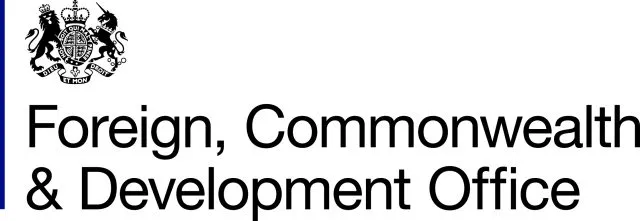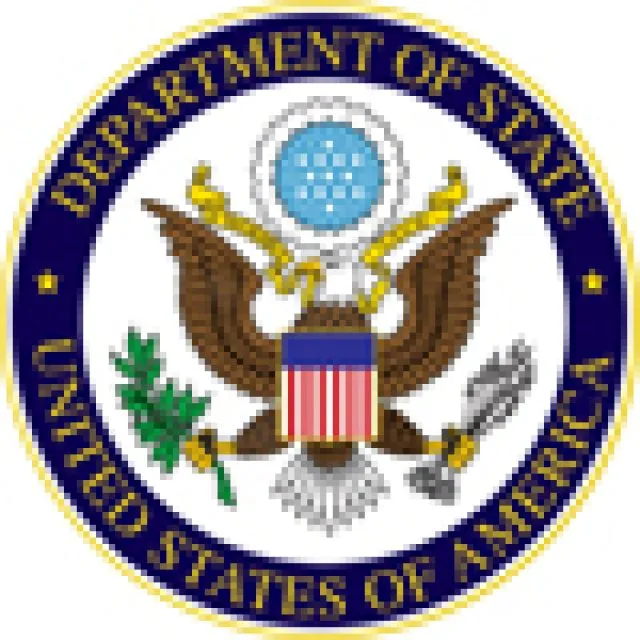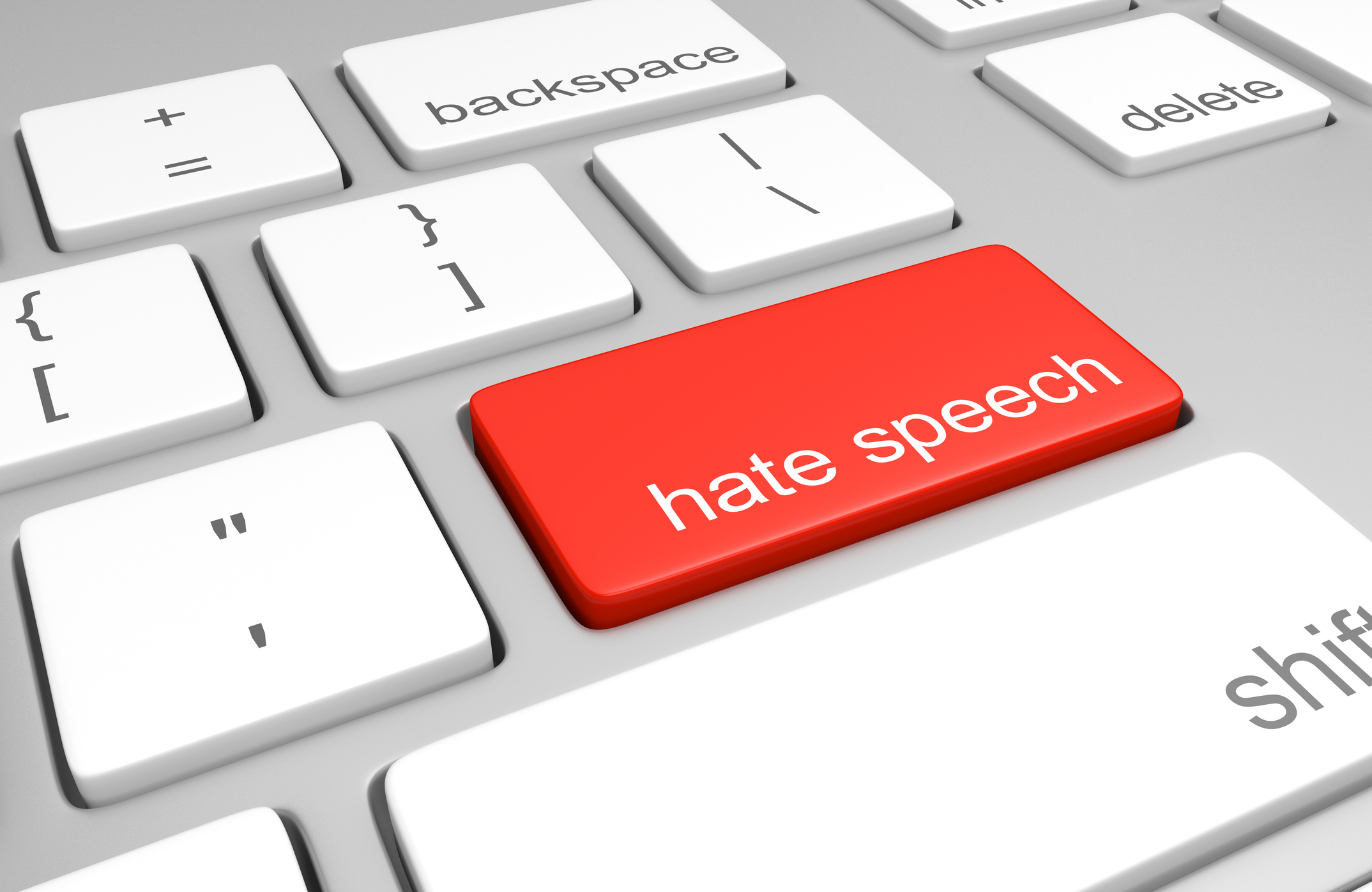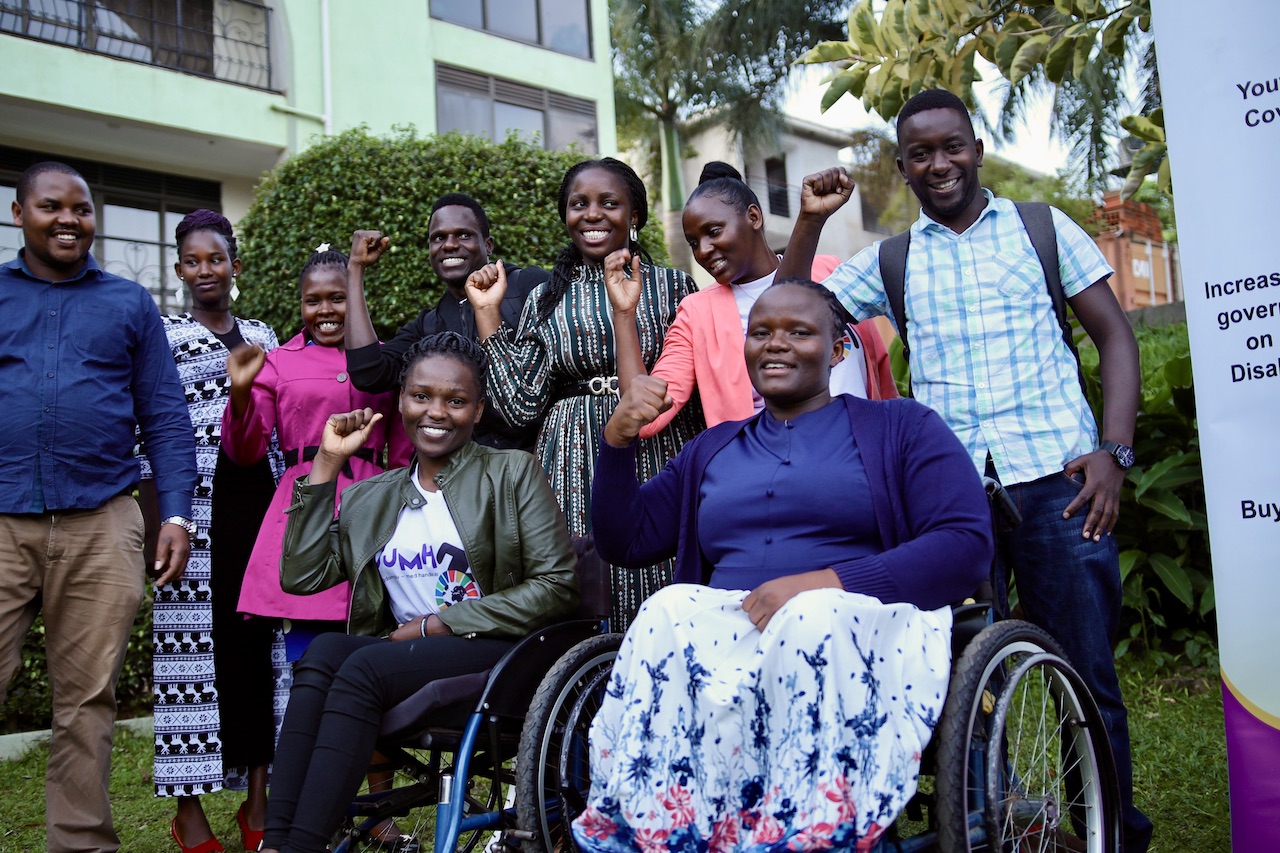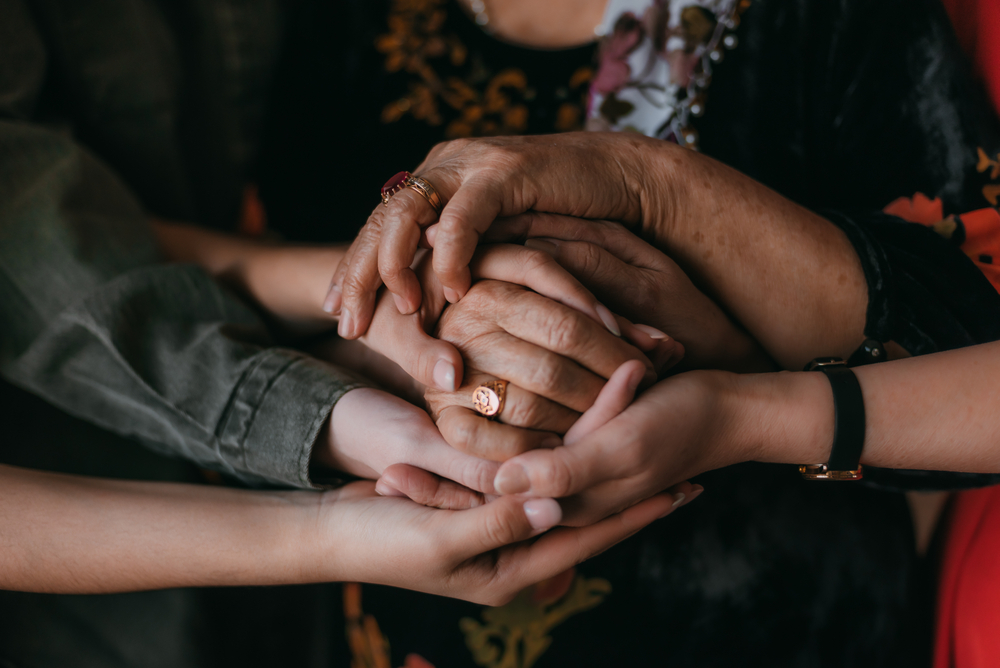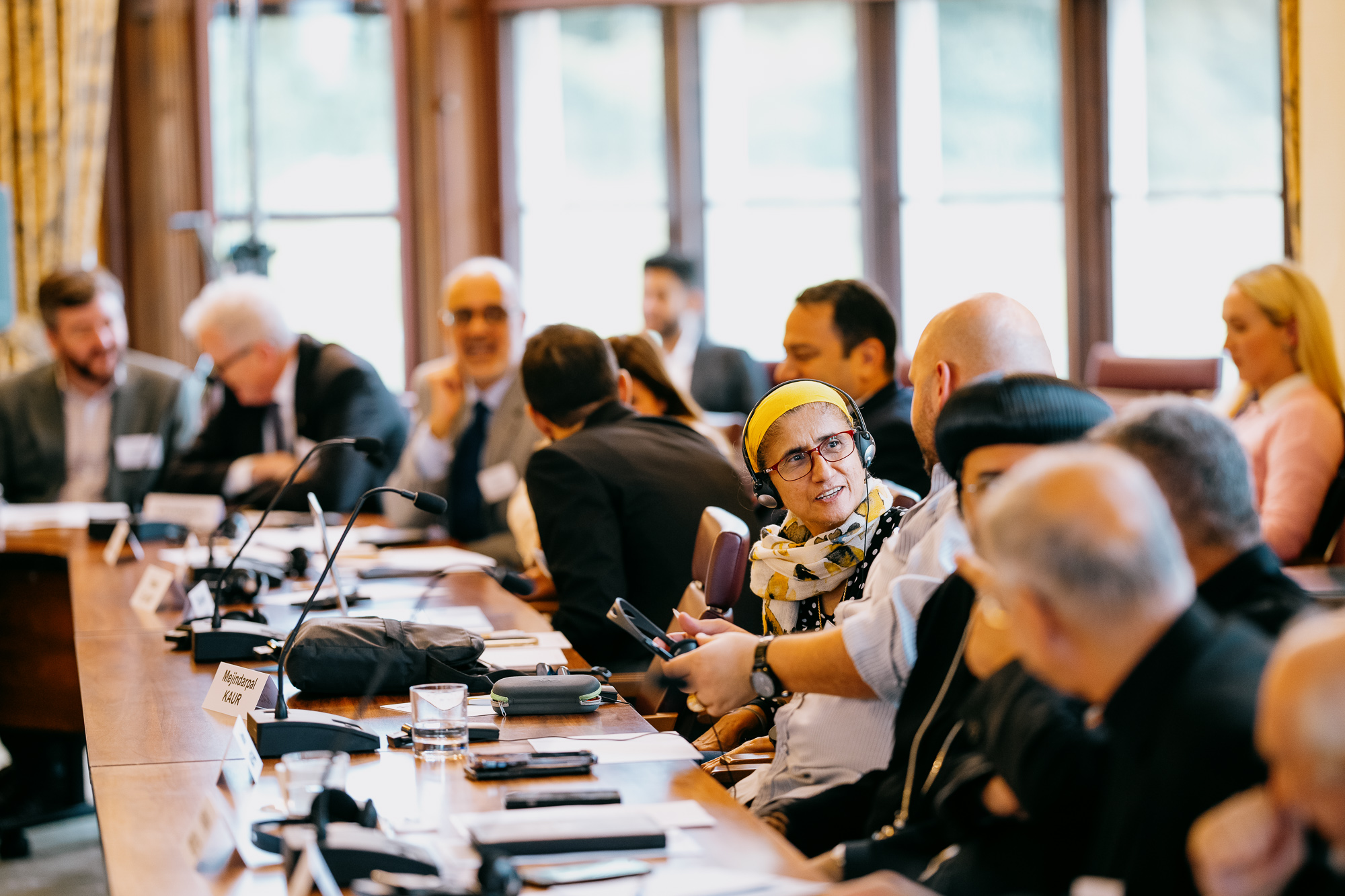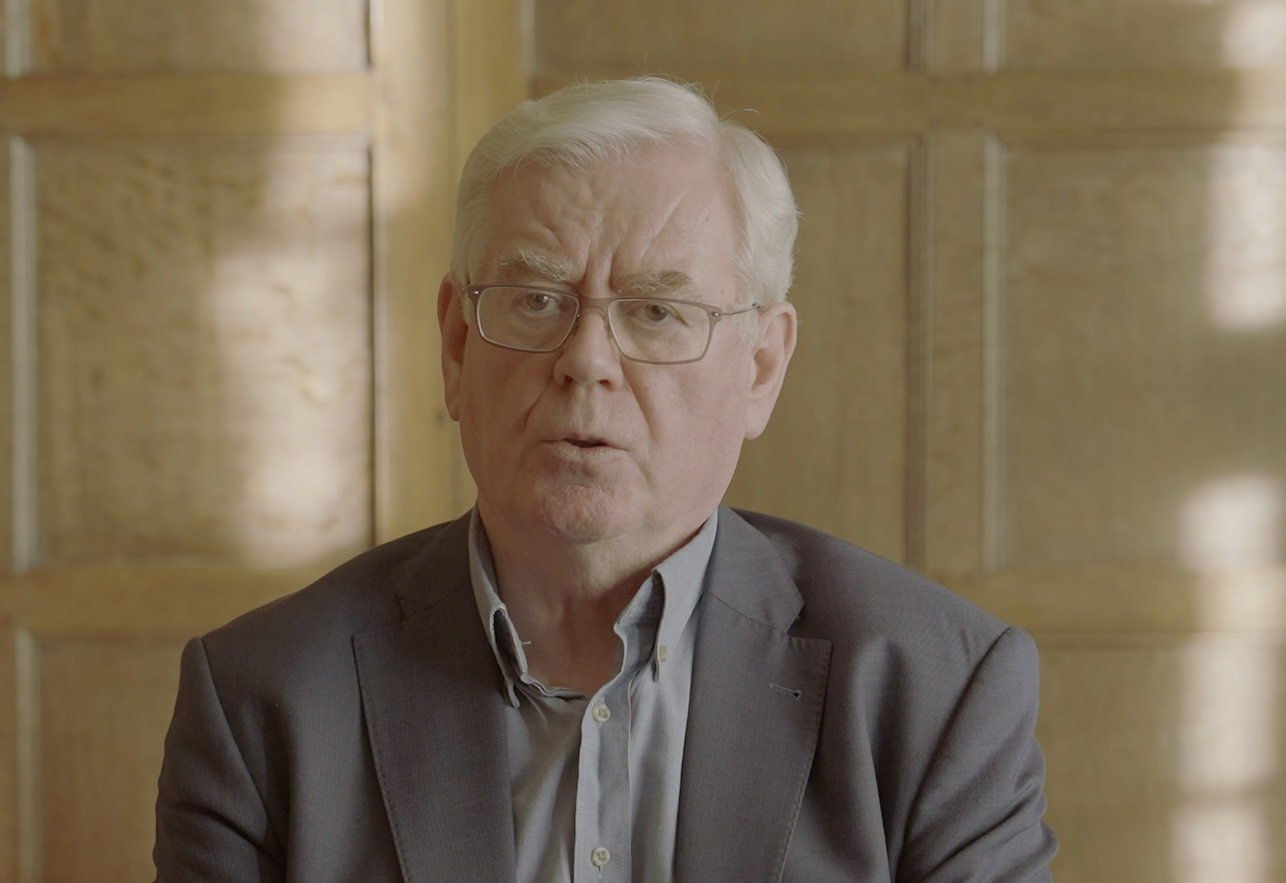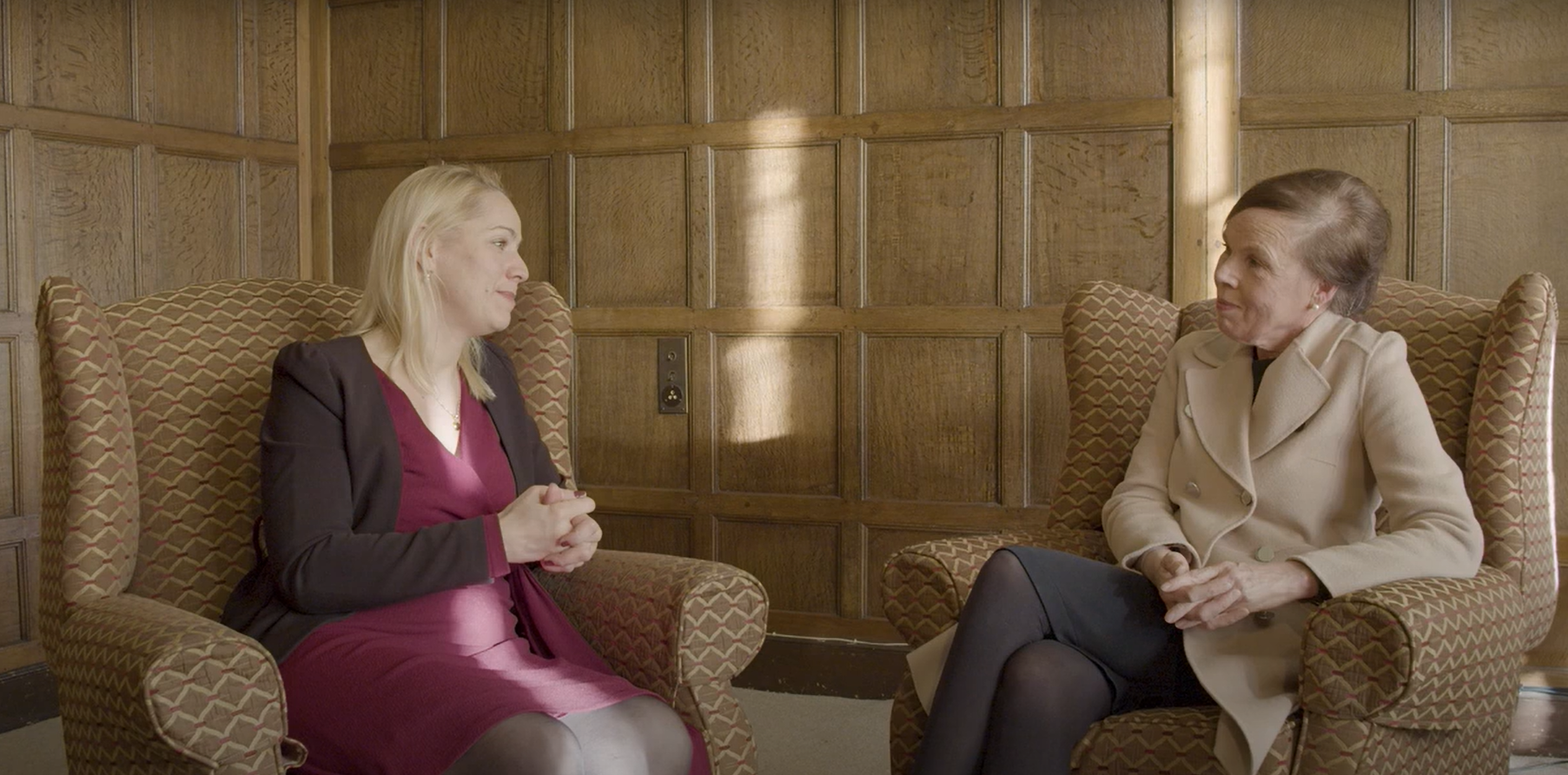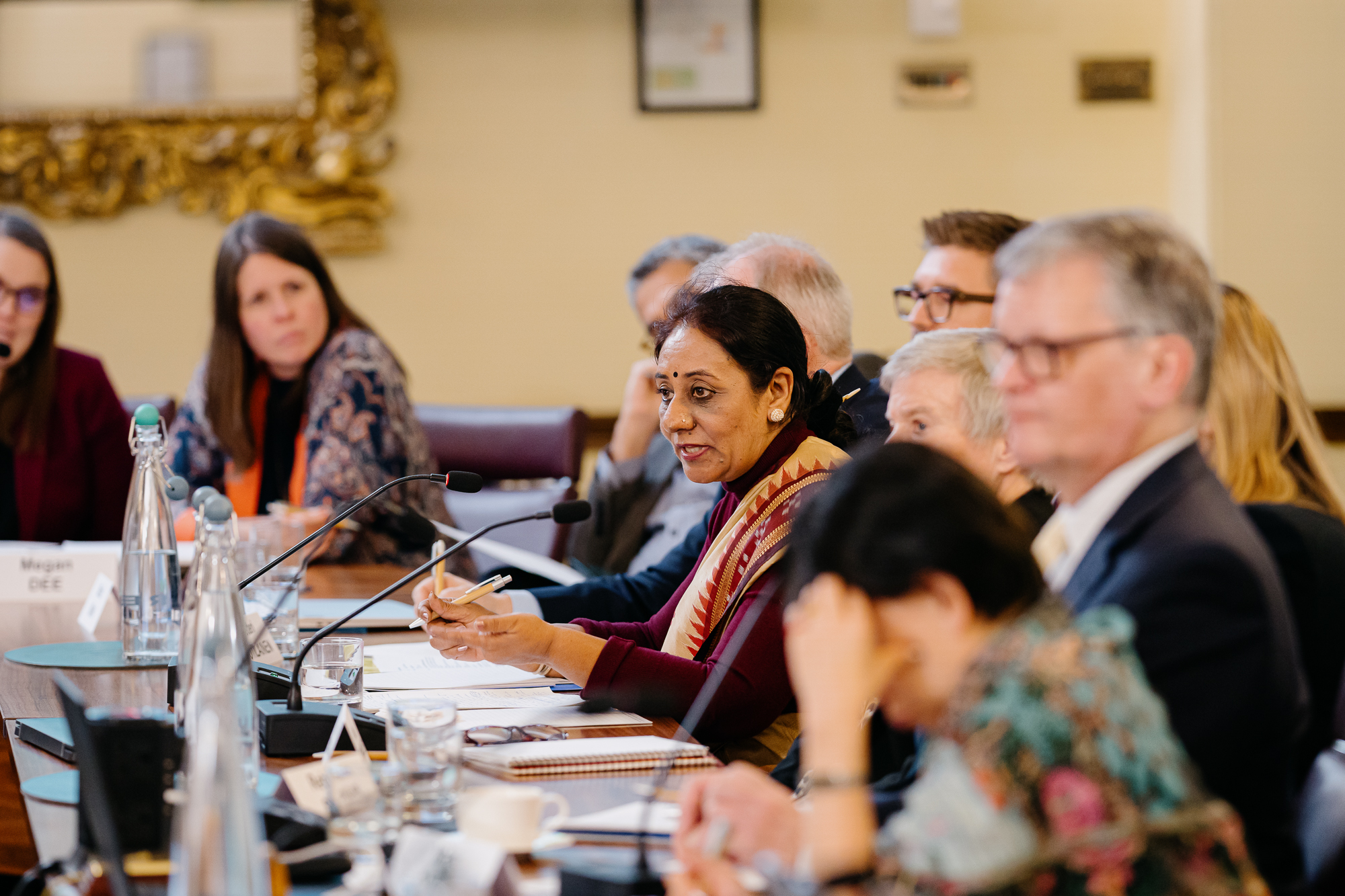This Wilton Park dialogue seeks to explore the online and offline environment, global factors, and challenges accurately documenting, reporting and responding to discrimination, hate and violence perpetrated on the basis of religion or belief. It will focus on sharing practical best practice examples that have contributed either to reducing hatred online or to mitigating the effects on the wider community.
Hatred on the basis of religion or belief including hate speech, crimes, discrimination, and violence is on the rise. This feeds into wider hostility directed at individuals on the basis of their religion or belief, which can lead to individuals facing arrest, torture or even death and to the denial of access to education, housing or healthcare. Longstanding conflicts and widespread violations of rights such as in China, Burma/Myanmar, Nigeria, Pakistan and Afghanistan, as well as acute events such as the COVID-19 pandemic and the Israel-Hamas conflict, have exacerbated the increase.
Hatred and discrimination on the basis of religion or belief destabilises social cohesion and exacerbates violent conflicts. Various actors including members of political parties, violent extremists, civil society, religious leaders, and anonymous users online utilise hatred to gain influence or benefit. Politicisation of hate or religious narratives deserves increased policy attention and recognition. In a year where multiple elections are taking place globally there needs to be particular monitoring of the potential expansion of hate and impact on individuals’ rights, particularly members of religious minorities.
Addressing hate speech in both online and offline contexts is important to protect freedom of religion or belief and defend vulnerable audiences from further discrimination and violence.
There are critical threats in the online space of emerging technologies such as AI, deep fakes, and the use of online platforms – including sites like Reddit, Discord, Twitch and traditional social media e.g. Facebook, twitter, and Instagram – to dox, harass and propagate hate that manifest in offline impacts. Careful attention is needed in addressing hate speech to ensure that freedom of expression is not infringed under the guise of national security or protecting religion from defamation. This requires critical bilateral and multilateral engagement between states, civil society, and subject matter experts.
In partnership with
